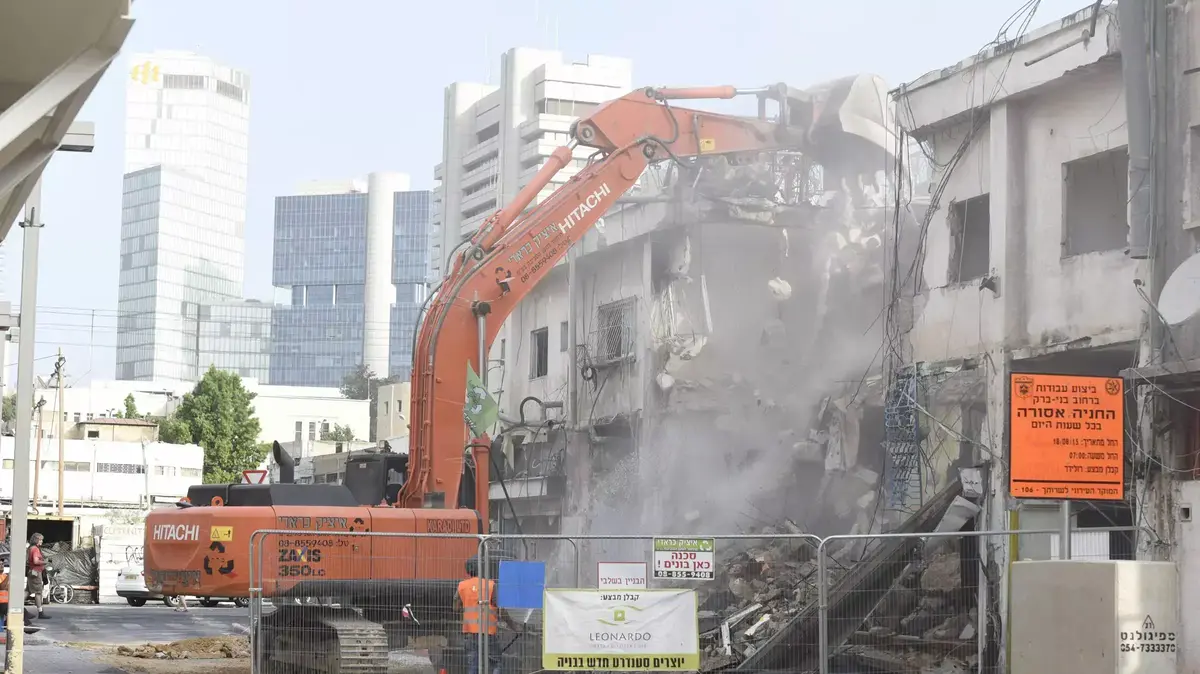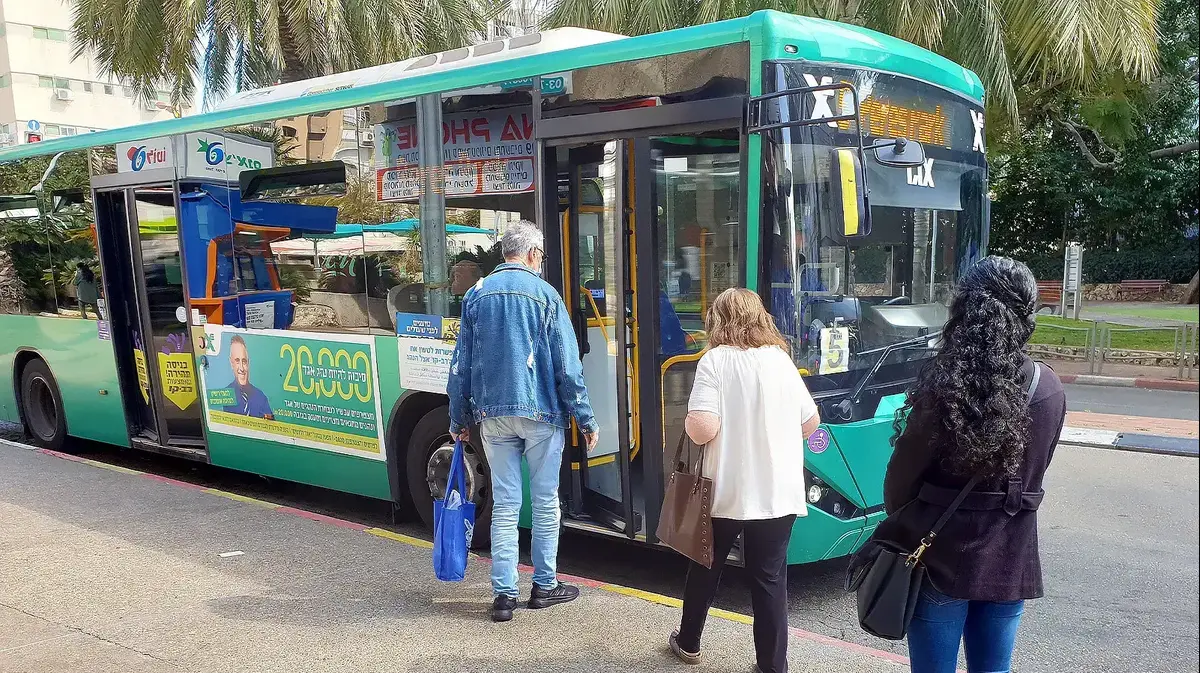The minister without a file, and without tact, Tzachi Hanegbi, expressed himself in an interview he gave to Oprah and Barak last Saturday evening, as if all the hungry people's interest and the economic corona crisis was "remorseful." Condemnations came from all over, the minister himself apologized, and the right-wing man also shrugged off the unfortunate expression.
This phrase is part of a sequence of statements and conduct that reflects disconnection: from the debate on the PM's tax returns to the Treasury's insistence on not providing an economic safety net to the many victims of the crisis. But even more so, this expression is a symptom of something profound that the right-wing government has been blind to for decades.
True, the Likud rule provided an opportunity for genuine political participation in the Mizrahi and the periphery, created and strengthened the Middle East, and opened channels of progress and socio-economic horizons for groups that were out of the story until the '77 revolution. The right celebrates its achievements, but the fight is not over: complex issues of distributive justice and resource allocation, especially in the periphery, are left untreated, and many are left behind. And, clearly, the vast majority of voters in neighborhoods and development towns - in Israel's geographical and social periphery - are voting to the right and supporting Netanyahu. But those who dive into voting data reveal a less conclusive picture; An image that reflects complex feelings about Likud in the wider and deeper periphery.
In a rough estimate, some 2 million and 300,000 voting rights are from the periphery, residents of towns, neighborhoods, and hardships in major cities. The voting rate at these centers is low - and it is dropping from election to election. In the last election, the voter turnout in these "right-wing strongholds" reached an average of 50 percent. This is also a low figure compared to the public who do not usually take part in elections, such as the Arab public.
True, the 50 percent who voted gave their votes to the right, much of it for Likud. And it is true that only a tiny minority of those votes goes to the left parties, which fails to offer a relevant alternative. But the fact is that a lot of people just stop voting.
The despair and the realization that the Likud does not provide solutions to the difficult day-to-day problems lead people to remove their feet from the ballot box, in a kind of growing protest vote. If in 2006, about 900,000 abstained, in 2020 million and 300,000 waived their right to influence.
It is a protest that results from a lack of hope; Despair from a difficult and bureaucratic system, despair at being static in most cases and showing no signs of change, neither before nor during the Corona. And where is the Likud? Spreading promises of big change, but in practice it has not been in the periphery and in the distressed neighborhoods for many years. He, too, moved to the new towers in West West.
Dina Dayan is a Labor Party member and resident of Mitzpe Ramon
For more Dina Dayan opinions








